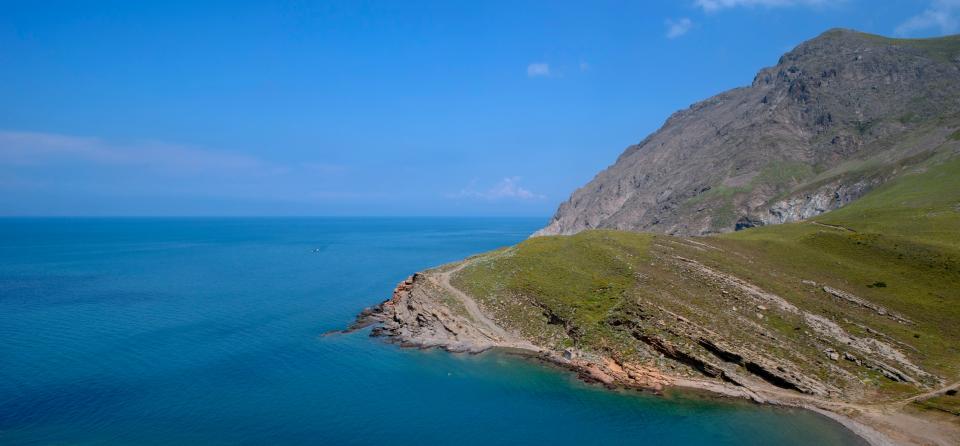Gökçeada
Member of the Turkish National Network
Geographical Area
Gökçeada, older name: Imbros, is the largest island of Turkey having an important tourism and economic potential with its own specific geographical and environmental conditions and protected, untouched natural resources. It is located at the entrance of Saros Bay in the northern Aegean Sea, also the westernmost point of Turkey. With an area of 279 km2, Gökçeada contains some wooded areas. The population of the island is 8.672 according to the 2007 census including 1.871 people living in the villages of the island.
History
Gökçeada was dominated by many civilizations throughout history. Because of being an important location of entrance of the Dardanelles, it has always been so busy. It is proven that the first tribe which has lived on the island is the Pelagians. The excavators underlined that the history of the island date back to 5000 years before. After the Pelagians, following civilizations dominated on the island: Persians, Athens, Spartans, Romans, Byzantines, Genoese, Venetians and Turkish Republic dominated Gökçeada respectively.
Economy
Agriculture and tourism are the main sectors in Gökçeada. In the recent years, Gökçeada has started to become an important center for both local and foreign windsurfers whether amateur or professional thanks to the growing awareness about the characteristics and properties of its wind. Almost all of the agricultural activities in the island are carried out by organic farming and Gökçeada is a candidate for becoming a major center of Turkey for organic agriculture. Organic farming activities can be classified in four main groups: livestock, apiculture, olive growing, viniculture and wine.
Projects
• Learning Organic Life in the Island (European Union Project-2009)
• Traditional Recipes in Gökçeada (Canakkale Onsekiz Mart University & Gökçeada Municipality-2007)
• Traditional Occupations in Gökçeada (The Turkish Academy of Sciences-2006)
Main Events
• Gökçeada Film Festival is being held each year in the island by the sponsorship of the Turkish Ministry of Culture and Tourism since 1998.
• Gökçeada Municipality and Slow Food Gökçeada Convivium have organized Organic Farming Festival since 2009.
Fairs and Markets
There are three markets for local and regional products formed by producers from different villages: Local Products Bazaar, Fish Bazaar, and Organic Bazaar. These local markets are activated for the sale of local, typical and organic products.
Typical Products
The following organic island products can be distinguished:
Vegetables: Tomato, pepper, cucumber, potato, spinach, fennel, thyme, purslane, onion, garlic, bean, olive, eggplant, various herbs and weeds, artichoke, black cabbage, pumpkin, various wild mushrooms.
Fruits: Apple, cherry, pear, peaches, apricot, grape, berry, black mulberry, mountain strawberry, fig, almond, walnut, groundnut.
Fish: Fish and seafood from the North Aegean Sea.
Dairy: Milk, butter, cheese, yogurt, ayran.
Miscellaneous: Breads, pastries, herbal tea, sage tea, honey, wine, resin wine, cherry liqueur.
Traditional Recipes
94 traditional receipts and 16 indigenous products were identified due to an oral history documentation study themed Gökçeada Cuisine, which had been accomplished in cooperation with Gökçeada Municipality, Slow Food Gökçeada Convivium and Canakkale Onsekiz Mart University Gökçeada School of Applied Sciences-Department of Gastronomy. That research had been published as a book called “Slow Food and Gökçeada: A Managerial Perspective”.
Representative Cittaslow Gökçeada:
H. Rıdvan Yurtseven, ryurtseven@comu.edu.tr

